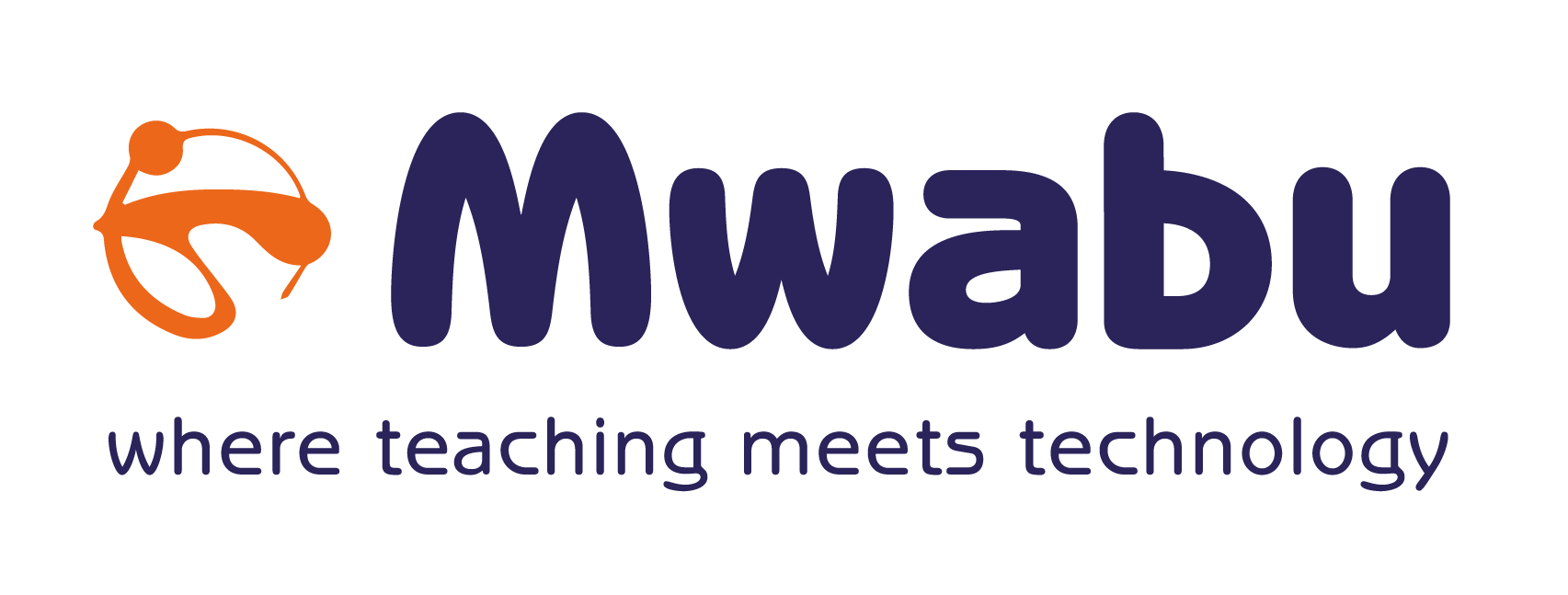Survey Indicates Teachers Want Tech!
In a recent pilot of our survey tool, focussed on foundational learning, we collected data on the availability of teaching and learning resources, teachers’ training and support needs, availability of technology (smartphones, tablets, computers) as well teachers’ beliefs and willingness relating to technology use in the classroom. Our preliminary findings show that despite recent large-scale interventions, teaching and learning resources remain limited, for example there is one reading book per 3-5 learners in 46% of classrooms. This, together with learner absenteeism are the most prevalent challenges faced by teachers. The most requested forms of support are training on literacy teaching methods and provision of numeracy materials.




